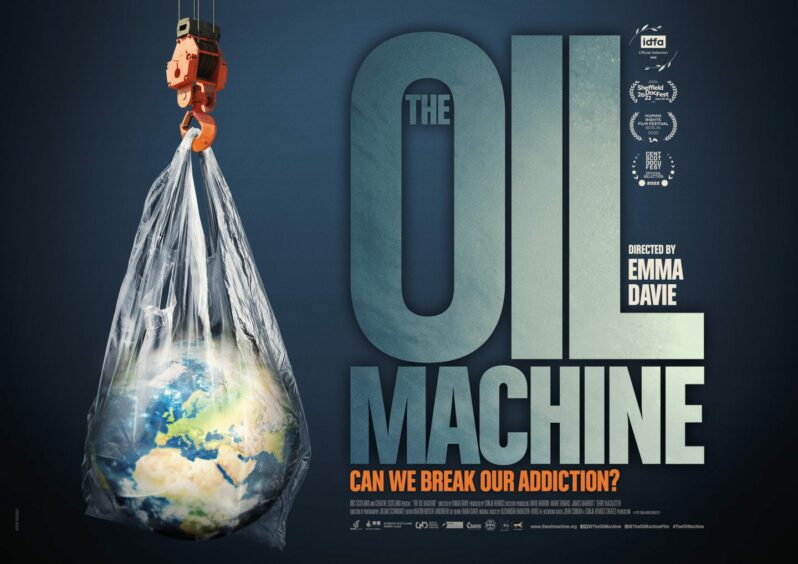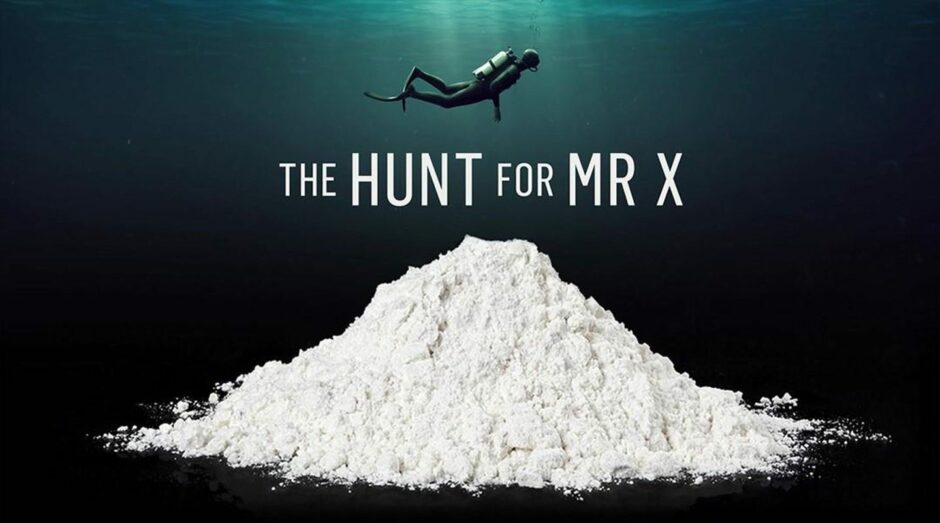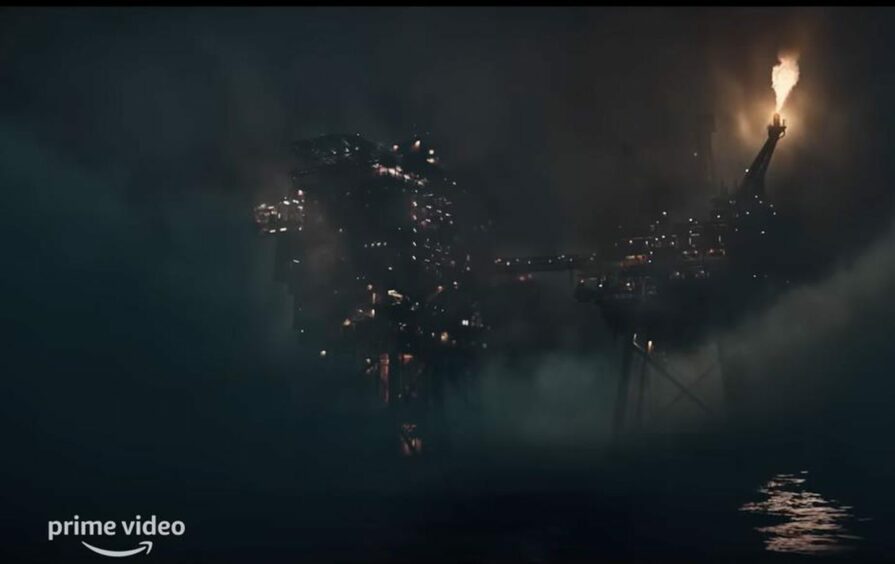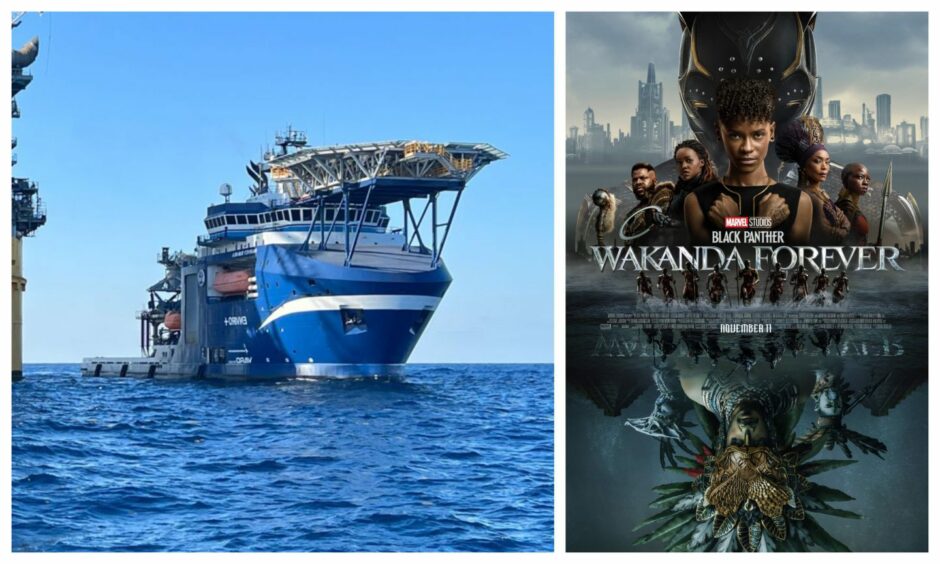
Lights, Camera, Action! The North Sea has seen it all this year, with the world’s focus on the energy sector it has not been without its fair share of representation in film.
From educational films, documentaries on North Sea drama and even a splash of energy fiction, we’ve collated the UK continental shelf’s appearances on the box throughout 2022.
The Oil Machine
Hitting UK cinemas just ahead of this year’s United Nations Climate Change Conference (COP 27) in Egypt’s Sharm el-Sheikh, The Big Oil Machine examined the UK’s relationship with oil and gas.
Producers of the documentary said the film aims to stimulate debate as the UK Government is expected to issue around 100 new licenses through the latest exploration round, which the team behind the film say contradicts climate goals.
Emma Davie, the film’s director, is no stranger to the energy sector. “As a Scot growing up in the 70s, I was aware of the North Sea all my life and its importance for Scotland and for Scottish jobs,” she told Energy Voice shortly after the film’s release.
The Hunt for Mr X
The Press and Journal produced a documentary on a North Sea diver come drug baron, Julian Chisholm, the man behind a £100m Highland cocaine plot.
The former diver masterminded the biggest cocaine importation in Scottish history.
To this day, he remains among the world’s most-wanted men after a massive Ullapool drugs bust.
The film was released one year before the 30th anniversary of the “astonishing escape” from authorities in which he shed his shackles and handcuffs and fled into the Spanish desert.
To watch the documentary click here.
Granite Harbour
The crime drama set in the north-east of Scotland centred on Lance Corporal Davis Lindo who arrived in Aberdeen as a new recruit to Police Scotland after serving in the Royal Military Police in Jamaica.
Most of the exterior shots were filmed in and around the city centre. Viewers were able to spot locations such as the Castlegate, Broad Street, the leopard sculpture at Marischal Square, North Silver Street, Provost Skene’s House and even Ruby House standing in for the north-east headquarters of Police Scotland.
The show, which aired on BBC Scotland, was met with a mixed response from viewers.
Some took to social media to say how great it was to see the Granite City in the spotlight but others criticised the lack of Aberdeen accents in the show.
Big Oil vs The World
The BBC aired a three-part documentary series in July covering n the fossil fuel industry and its impact on the environment.
The series uncovered evidence that Exxon Mobil scientists had discovered signs of climate change relating to fossil fuel consumption in the 1970s and the US oil giant buried the findings, denying global warming for years.
Airing during the record-breaking heatwave the UK was hit with this year, the director of the first episode in the series, Jane McMullen, told Energy Voice: “As this week’s heat wave has shown, we already live with the devastating impacts of climate change.
“It’s a subject I’m passionate about – it’s the most important issue we face and it’s vitally important that journalists communicate it with urgency and gravity.
“So when I read that scientists at Exxon had studied climate change in the late 1970s and early 1980s, projecting temperature rise with (what’s turned out to be) remarkable accuracy, but that the company had gone on to fund a campaign of denial, I was really shocked.”
Remembering Piper: The Night that Changed Our World
This year marked the 25th anniversary of Step Change in Safety and as part of the not-for-profit’s celebrations, it named the film Remembering Piper: The Night that Changed Our World, the most important resource it had ever produced.
The film, released in 2013 has a 22-minute run time, the same length of time it took for the Piper Alpha disaster to take place.
The film depicts the events of the night of the 6th of July 1988 using a graphic, stylised artwork and audio from the BBC Radio 3 drama ‘Piper Alpha – the Human Price of Oil’, by Stephen Phelps, the piece drives home the human experience of the tragedy.
The Rig
Although not released until January 2023, the world got its first glimpse at Amazon Prime’s supernatural thriller set in the North Sea as the trailer dropped this month.
The trailer shows the crew on board tackling the elements and a mysterious force as fog engulfs them off the coast of Scotland.
The Rig is due to air on Amazon Prime on January 6, according to the trailer, having been shot exclusively in Scotland.
It will follow the crew of the fictional Kinloch Bravo, stationed off the Scottish coast, which will see them cut off from all communication from the outside world.
As they try to discover what’s behind the all-enveloping fog, “bonds are broken, allegiances formed and generational fault lines exposed” as they deal with forces “beyond their imagination”, Amazon said.
Coming to screens early next year, The Rig’s success may start a trend of offshore fiction throughout 2023.
Special Mentions:
Black Panther: Wakanda Forever
As the Marvel Cinematic Universe expands and every actor in Hollywood seems to make an appearance in its many films, it was inevitable that the energy sector would make its superhero debut.
An oil and gas supply vessel made an appearance in the blockbuster movie Black Panther: Wakanda Forever, despite not being shot in the North Sea, it is well worth a mention.
The Gulf of Mexico-based Harvey Sub-Sea was used in the film as the United States look to uncover the fictional metal, vibranium.
Although not on screen for a large portion of the film’s overall run time, the vessel’s contribution to the plot cannot be understated.
Recommended for you


 © Supplied by Poster for 'The Oil
© Supplied by Poster for 'The Oil © Supplied by DC Thomson
© Supplied by DC Thomson © BBC/LA Productions/Robert Pereir
© BBC/LA Productions/Robert Pereir © Supplied by BBC - Jane McMullen
© Supplied by BBC - Jane McMullen © Supplied by Amazon Prime
© Supplied by Amazon Prime